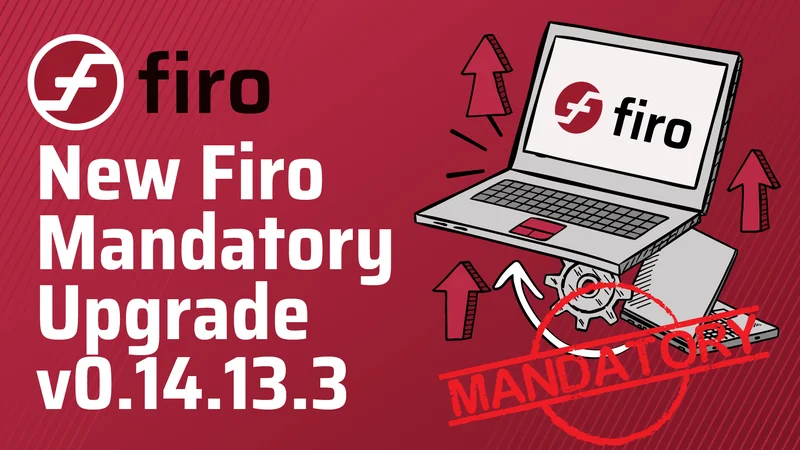Article Directory
The Koeman Conundrum: When "Performance" Becomes Convenient
Ronald Koeman, the Netherlands manager, has finally done the mathematically obvious: he’s recalled Matthijs de Ligt to the national squad. This isn't a surprise to anyone who's been tracking the data. What's truly fascinating, though, is the narrative Koeman's spun around this decision, a classic case study in how subjective "feelings" can eventually align with undeniable output when the pressure mounts.
Let's be clear. De Ligt, with over 50 international caps (a significant number for a 26-year-old center-back), isn't some fringe player. He should be a foundational piece. Yet, just last month, he was entirely absent from the squad. The month before that, he clocked a grand total of two minutes on the pitch. Koeman's stated reason for the October snub? "Strong competition for selection." A familiar refrain, often deployed when a manager needs to justify a controversial call without getting into specifics. But what changed? Did the "competition" suddenly get weaker, or did De Ligt simply become too numerically dominant to ignore?
Re-evaluating the "Confidence" Metric
Koeman, speaking to Sport Nieuws, now claims De Ligt was "too good to leave out" and cited Manchester United’s recent five-game unbeaten streak. He also trotted out the rather nebulous idea that there's "more peace and quiet at the club now," and, most intriguingly, that De Ligt's "confidence" has improved. "I’ve also sat with him sometimes and said he didn’t look confident in his play," Koeman explained, "I think that’s much better now." Ronald Koeman explains why Matthijs de Ligt has been recalled into the Netherlands squad after recent axe This is where my analytical antenna really starts twitching.
How do we quantify "confidence" in a player? Is it a sudden uptick in successful tackles? A lower error rate in passing? Or is it simply a manager's subjective feeling, a gut instinct that conveniently shifts when a player starts scoring crucial 96th-minute equalizers, as De Ligt did against Tottenham? My analysis suggests that what Koeman is labeling "confidence" is actually just a proxy for undeniable on-pitch results. When a player is consistently playing well, making key defensive interventions, and even popping up with vital goals, it's hard for any manager, no matter how stubborn, to maintain a narrative of "lacking confidence." It’s like watching a stock price surge after a stellar earnings report and then claiming you always knew the company had "good vibes." The vibes didn't drive the price; the numbers did.

The previous claim of "strong competition" now feels less like a strategic assessment and more like a temporary, perhaps even punitive, measure. Was De Ligt truly less effective than his peers, or was Koeman attempting to light a fire under a player he felt wasn't performing to his potential? If it was the latter, it appears to have worked, albeit with a significant PR cost to Koeman's own consistency. We should always question the methodology behind such a dramatic shift in assessment. What objective data points supported the initial benching, and what new objective data points (beyond an unbeaten streak and a late goal) suddenly validated his "improved confidence"? The fact that Koeman also mentioned "his position at the club will always be important for a player" suggests a pragmatic acknowledgement that a starting, performing player at a club like Manchester United is simply too valuable to ignore, regardless of a manager's prior "feelings."
The Inevitable Correction: Performance Over Perception
This isn't just about De Ligt; it's a recurring pattern in elite sports and, frankly, in corporate environments. Decision-makers often rationalize choices with subjective terms – "team chemistry," "cultural fit," "confidence" – until the objective data, the raw performance metrics, become too overwhelming to ignore. De Ligt has been "United's ever-present" this season, a consistent fixture, especially after his absence due to injury was felt so acutely in their Europa League Final loss. That's a quantifiable impact. He's not just playing; he's performing.
The exclusion of Inter Milan defender Stefan de Vrij, with Koeman stating he "knows what he has" with the experienced defender, further underscores this point. It's a clear signal that Koeman is now prioritizing immediate, high-impact performance over established reliability, especially when a player like De Ligt is, to borrow a market term, on an undeniable upswing. De Ligt, at 26, is entering his prime. His recent performances aren't just a flash in the pan; they’re a return to the expected output of a player of his caliber. The manager's job, ultimately, is to select the players who give the team the best chance to win, and De Ligt's recent data points made his re-inclusion a statistical imperative, not a newfound belief in his aura.
The Data Always Wins (Eventually)
Ronald Koeman's shifting narrative around Matthijs de Ligt isn't about a sudden epiphany regarding the defender's "confidence." It's a textbook example of how a manager's subjective assessments, however strongly held, must eventually bend to the irrefutable weight of a player's on-pitch performance data. De Ligt simply made himself too valuable, too numerically impactful, to be ignored any longer. The "peace and quiet" at Manchester United and De Ligt's "improved confidence" are convenient post-hoc rationalizations for a decision that the numbers had been screaming for all along.

